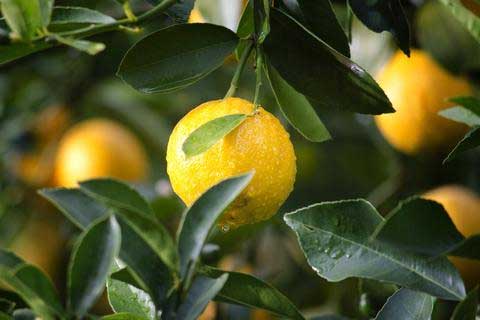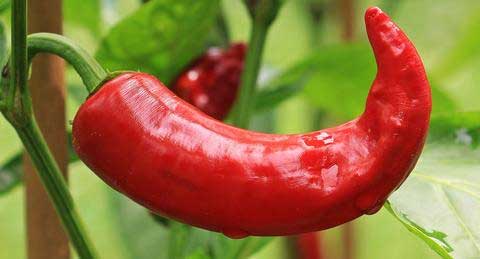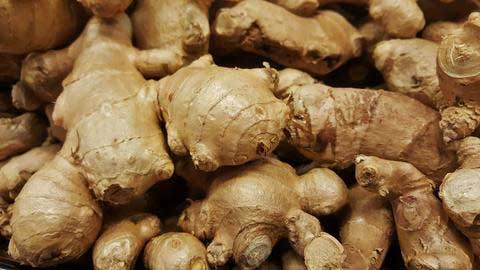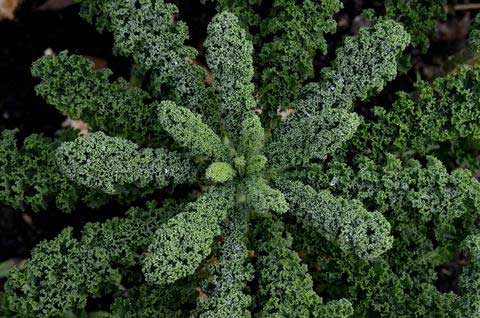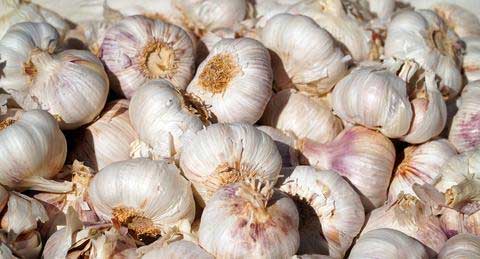A home garden can be a joy and give you real benefits, from fresh fruits and vegetables to aromatic herbs to enhance your meals.
Plus, some plants have immune system boosting properties and can enhance your health.
Here are some plants to boost the immune health that you can plant in your own garden and some gardening tips for success.
1. Lemons
Citrus fruits are chock-full of Vitamin C, which can increase your immune health and make it easier to fight off the common cold.
Citrus fruits grow naturally in tropical regions, but if you don’t live in an area that’s warm and sunny all-year-round, you can still enjoy fresh lemons, limes, and oranges.
Simply plant your citrus trees in a portable pot, bringing your lemon trees outside in the summer and indoors for the winter.
2. Peppers
Both bell peppers and spicy peppers have properties that improve your immune health, and these plants are hardy and easy enough for even a beginner home garden.
Red, orange, and yellow peppers have Vitamin A and Vitamin C, as well as folate (which is good for pregnant women), fiber, and iron.
Red peppers also have lycopene, a compound that can help reduce your risk of cancer and fight off cancer if you are sick.
Spicy peppers have these vitamins and minerals, too, as well as capsicum, a property that increases your metabolism and prevents young fat cells from turning into fully grown fat cells.
Reducing the amount of belly fat in your body can increase your overall health and make it easier for your immune system to fight off invaders.
3. Ginger
Ginger is a root herb that can be used in a variety of dishes, from savory Asian cooking to delicious desserts.
Ginger can also help with nausea and is healthy for pregnant women who are suffering from morning sickness.
Additionally, ginger has anti-inflammatory properties. Inflammation in your tissues can weaken your immune system, making it harder for you to recover from an illness or injury.
Soak ginger in warm water overnight to prepare for planting and place in a wide pot, with a couple of inches of the root poking out. Water regularly.
4. Kale and Spinach
Leafy green vegetables are very good for you, and kale and spinach are easy to grow in a home garden.
Plant these in the spring, about 4 weeks after the last frost. For hardier, larger plants, place compost over the seedlings.
Spinach is an all-season plant and can grow in the spring, summer, and fall.
Both kale and spinach have plenty of Vitamin C. Although kale has twice as much Vitamin C as spinach, the latter also contains folate and iron. Both plants are linked to improved immune health as well as heart-healthy properties and increased weight loss.
5. Garlic
Fresh garlic can give your home-cooked meals a depth of flavor and complexity. It can combat the common cold and increase the function of your immune health to reduce illness.
Garlic also improves heart health, decreasing blood pressure, and cholesterol levels.
To grow garlic in your home garden, place garlic cloves in a warm, sunny area in soil that’s well-drained. Garlic doesn’t like to be over-watered, so make sure that you only water it when the soil is very dry.
As a root herb, garlic can be grown year-round.
Important Notice: This article was originally published at www.greenwaybiotech.com by Amir Tajer where all credits are due.

